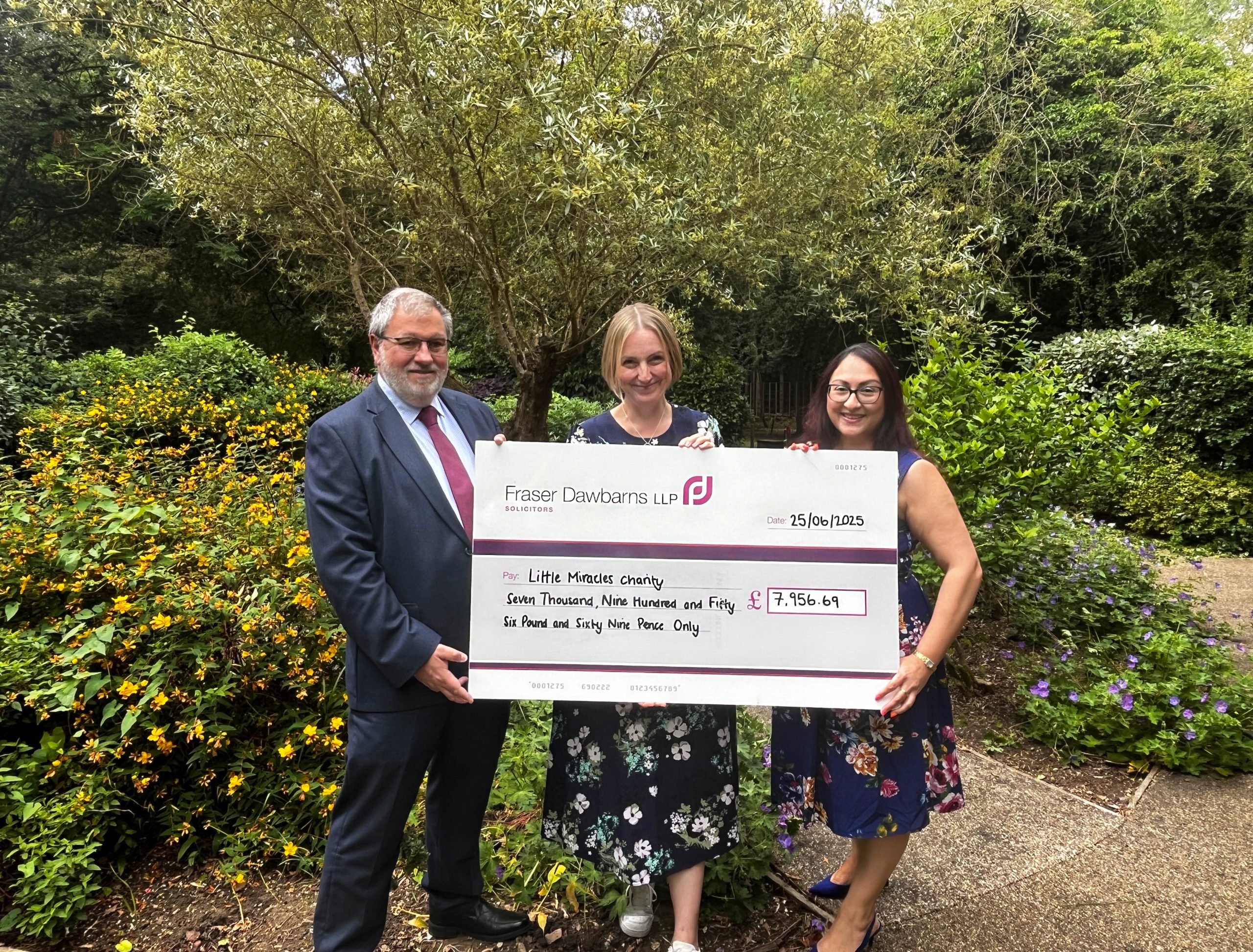A FATHER’S PROMISE
“”One day my son, all this will be yours”. Spoken by a farmer to his son when in his teens, and repeated for many years thereafter. Relying on that promise of inheritance from his father, the son spends the best part of his working life on the farm, working at very low wages, accommodated in a farm cottage, in the expectation that he will succeed his father as owner of the farm, to be able to continue farming there, and in due course to pass on the farm to his own children.
Many years later, father and son fall out. It does not matter who is to blame for the falling out, but they can no longer work together or even live in close proximity. The son has no alternative but to leave, to find alternative work and rented accommodation for himself and his family elsewhere. Meanwhile the father cuts him out of his will.”
So begins the leading judgment in the recent Supreme Court case of Guest-v-Guest [2022] UKSC 27, in which judgment was handed down on 19 October 2022. The issue was as stated:. The father was still alive when the claim was brought, so this was not a claim on his estate by the son.
The issue with which the Supreme Court grappled, was what is known as proprietary estoppel. This is where person A, makes a promise to person B, B relies to their detriment on that promise, and then A retracts their promise. What is B’s remedy? The remedy is called proprietary estoppel. The problem arises in cases such as that considered by the Supreme Court, where full specific performance of the remedy is not appropriate. This is because its actual fulfilment is years away or this would give B, the ‘promisee’, too much or something radically different from that which was promised.
At first instance, the son was awarded a lump sum to be paid by the parents, but this could in practice only be paid if the farm was sold, which was not within the terms or intention of the promise. The sum awarded, also gave no discount for accelerated receipt.
The Supreme Court undertook a survey of applicable case law:
The Supreme Court by a majority concluded, it is the reliant detriment which makes it unconscionable for the promissor to go back on their promise. The purpose of the proprietary estoppel remedy is to deal with the unconscionability of the promisor going back on their promise. Analysed in this way, the Supreme Court stated that the first step was to decide (not in issue in the case before it) whether the promisor going back on the promise (repudiation), was indeed unconscionable. The second step was then that the remedy would normally be to hold the promisor to his promise. However, if the promisor can prove that specific performance of the full promise would be out of all proportion to the cost of the detriment then the court will limit the remedy.
The Court recognised that cases where at the time of a repudiation is during the lifetime of the promisor a the date of performance lies in the future, e.g., upon the death of the promisor, are likely to be the most difficult in terms of finding an appropriate remedy especially where, as in the case before it, the falling out between the parties was such that there ought to be what was called a clean break solution.
In the event the Supreme Court held that the parents could choose between two remedies: either a lump sum payment to the son, but discounted for accelerated receipt, or that the farm be placed into trust for the parents for life with a reversionary interest to their son on the last of the parents to die.
The issues in the case are common in farming families. This case is a classic example of why it is important to deal with respective family members interests in the farm and farming business and have this properly documented. Families do fall out with one another and if intentions are not properly documented, lengthy and expensive litigation ensues as sadly seen with the Guest family. The dispute which ended up before the Supreme Court could have been readily avoided, if the agreement as to the future of the farm had been properly documented.
If you are in a similar situation and would like expert legal advice, contact David Osbourne directly on DavidOsbourne@fraserdawbarns.com or 01553 666610
You can find out more about David here
This article aims to supply general information, but it is not intended to constitute advice. Every effort is made to ensure that the law referred to is correct at the date of publication and to avoid any statement which may mislead. However, no duty of care is assumed to any person and no liability is accepted for any omission or inaccuracy. Always seek advice specific to your own circumstances. Fraser Dawbarns LLP are always happy to provide such advice.
Related Articles
Recommended By The Legal 500 Directory*
*We are recommended for the following practice areas: Corporate and Commercial, Debt Recovery, Employment, Personal Injury: Claimant, Agriculture and Estates, Contentious Trusts and Probate, Family, Personal Tax, Trusts and Probate & Commercial Property.
ServicesContact
















